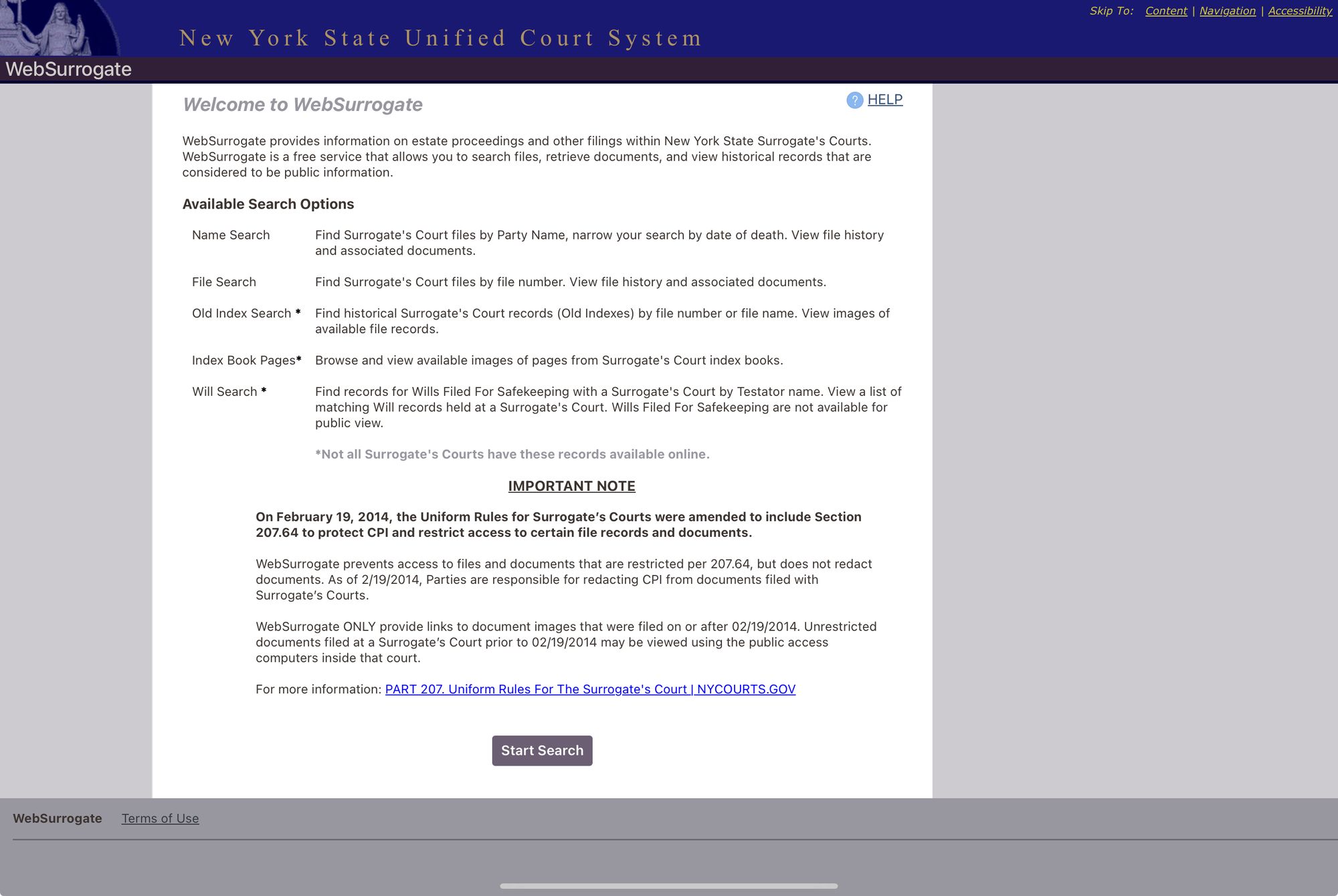New York County Surrogate’s Court still does not allow motions or oppositions to be e-filed—even in e-filed proceedings:[1]
[M]otions are NOT permitted to be e-filed. All motions and papers in support of or opposition to those motions, regardless of the type of proceeding in which a motion is made, must be filed in person or mailed to the court.
This rule applies even when the case is otherwise electronically filed. If a party e-files motion papers, the court will reject them. And if the deadline passes, the party must move for leave to file late papers. This adds delay, cost, and uncertainty to the case.
In Matter of Stern, the New York County Surrogate’s Court confronted exactly this situation.[2] An objectant, Zdzislaw Jan Bochynski, e-filed his opposition to a motion to dismiss his objections to the probate proceeding. The court rejected the filing and required Bochynski to move separately for permission to file his opposition late.
Surrogate Rita Mella granted the motion for leave, explaining that:[3]
But for the misstep of filing opposition papers electronically, the papers would have been timely filed. Further, Movants do not oppose the motion.
Still, this case is a cautionary tale. If the movants had opposed, or if the court had found prejudice, the outcome could have been different. Lawyers practicing in New York County Surrogate’s Court must be vigilant: motions and related papers must be mailed or delivered in person—even in e-filed matters.
Matter of Stern, 2025 NY Slip Op 32506(U) (N.Y. Sur. Ct., N.Y. County July 10, 2025) (stating, “After Bochynski e-filed his opposition papers, which is not sanctioned under this court's rules, they were rejected. Bochynski then made the other motion currently before the court, which seeks permission to file those opposition papers beyond the time period proscribed by the CPLR.”). ↩︎
Id. ↩︎
Hani Sarji
New York lawyer who cares about people, is fascinated by technology, and is writing his next book, Estate of Confusion: New York.


Leave a Comment